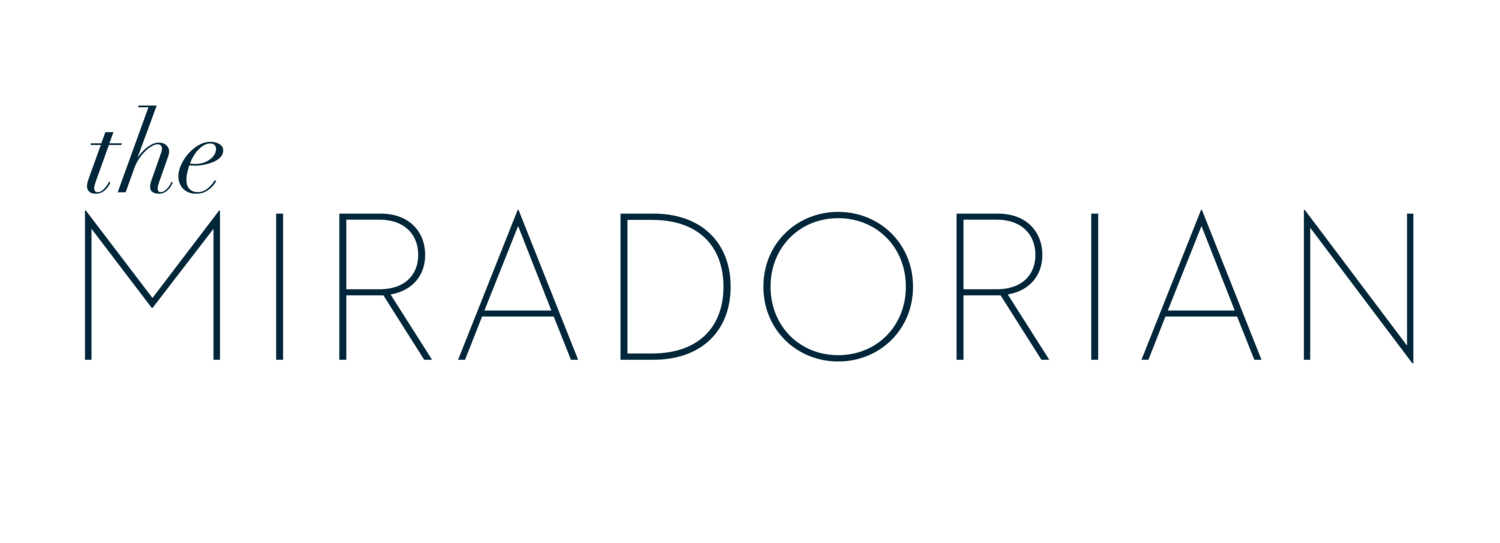Real estate lingo have your head spinning? We put together a quick guide on the most common terms used in NYC real estate. Familiarize yourself with these terms for a smoother renting and buying process.
Homes
1BR, 2BR - short for 1 bedrooms, 2 bedrooms, etc. Simple right? You will see this shorthand more often in text than in speech.
Alcove studio - one room apartment, often L-shaped, with a separated sleeping or dining area.
Classic 6 - often found in pre-war buildings, these apartments have 2 bedrooms, one dining room, one living room, one kitchen, and one maid’s room.
Convertibles (conv) - an apartment where an additional room can be created by putting up a temporary wall or divider, usually 12 inches from the ceiling.
Co-Op - short for “cooperative”, these buildings are owned by a corporation and managed by a board. You buy shares of the building as opposed to condominiums where you buy the Real Property. In order to purchase a coop, a board package and interview is required.
Duplex - an apartment with two floors, separated by an interior staircase.
Junior 4 (JR4) - a one bedroom apartment with a separate dining room/office. The 4 refers to the number of rooms: living room, bedroom, kitchen, and small dining room/office.
Pied-a-terre - a secondary apartment, usually a significant distance away from the person’s primary residence, kept for occasional use.
Pre-war - buildings built prior to World War II. Units in these buildings tend to have large rooms, hardwood floors, and exposed brick walls.
Post-war - buildings built after World War II, typically between the 1950s and 1970s. These buildings are often characterized by white, red, or brown bricks.
Renter Lingo
1 month OP - in the rental market only, “owner pays”, meaning the landlord will pay the brokerage fee (usually equivalent to one month’s rent).
½ month OP - owner pays half month’s rent towards the brokerage fee.
Concessions - any incentive that sweetens the deal, such as one month free rent or no brokerage fee, for the tenant.
Escrow - money that the brokerage collects from the renter and holds with a third party, returned only after certain conditions are met.
Good faith deposit - also referred to as the “earnest money deposit”. A deposit of money made by the prospective renter to the landlord/brokerage to prove legitimate intent on completing the deal.
Guarantor - a financially stable individual who is legally responsible to pay the rent if the tenant fails to pay. Guarantors’ salaries are often double the tenant’s as it is assumed they are carrying the responsibility of two tenants.
Net effective rent - the amount of rent a tenant pays after deducting incentives. For instance, sometimes landlords may offer one-month free. The net effective rent takes into account this amortized price reduction for the year. *Note: the gross rent is what is paid, not the net effective rent.
Real Estate Broker - a professional who passed the real estate salesperson level and holds a real estate brokerage license - brokers are allowed to sell/rent homes on their own as opposed to salespersons who must operate under a broker. Brokers must have a 2 year minimum of experience and must make a certain amount of deals depending on the state they represent.
Real Estate Salesperson - also known as agents, real estate salespersons can sell and rent homes in the state that their license permits them to, but must operate under a broker.
Sublease - when the tenant rents the unit to another subtenant (as opposed to a lease, which is when the owner rents to the tenant).
Virtual Doorman - offsite doorman/concierge services that utilize video security, package delivery tracking, and gives residents the ability to see who is ringing the buzzer, etc.



